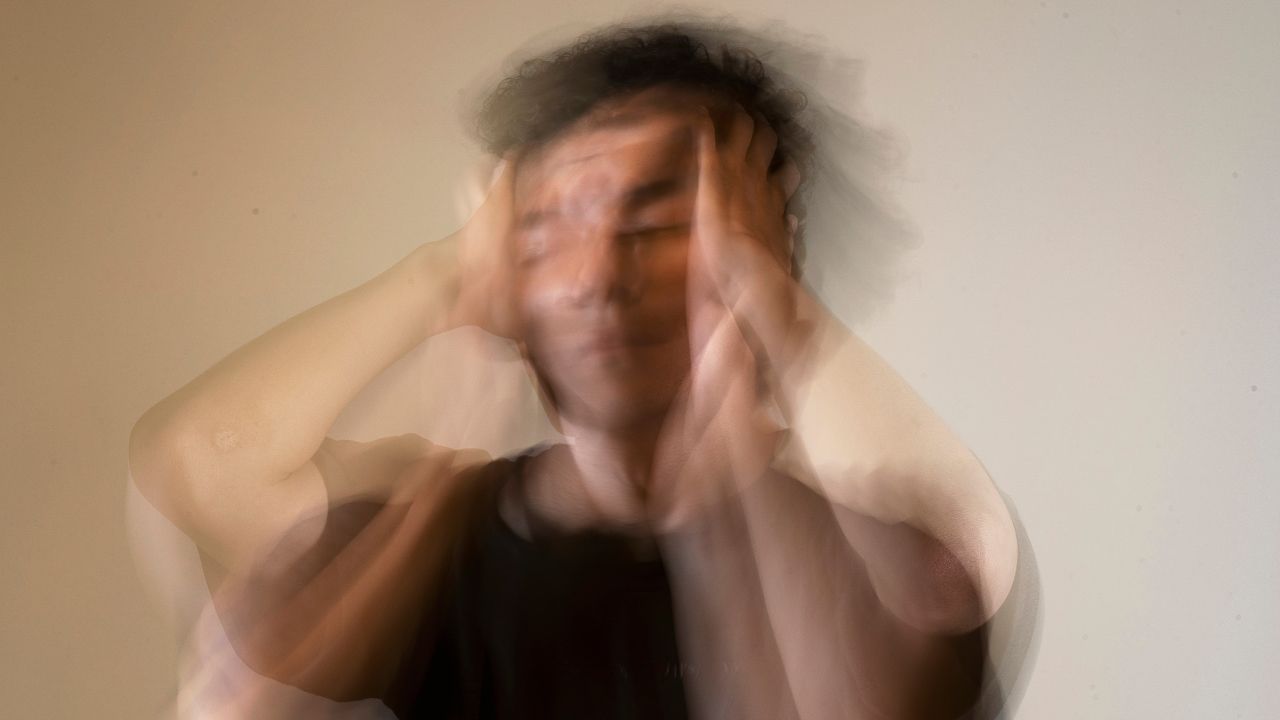Understanding The Different Types Of Anxiety Disorders
Anxiety helps the body respond to danger, but constant fear signals deeper issues. Understanding the types of anxiety disorders helps people recognize symptoms early and choose effective treatment paths.
Understanding the various types of anxiety disorders is crucial for accurate diagnosis and effective treatment. Let’s explore these disorders, their unique characteristics, and how they impact individuals.
Key Takeaways:
- Anxiety disorders are common mental health conditions characterized by excessive and persistent worry or fear.
- Different types of anxiety disorders have specific symptoms, triggers, and treatment approaches.
- Seeking professional help is essential for accurate diagnosis and tailored treatment plans.
Generalized Anxiety Disorder (GAD):
This YouTube video below by Osmosis from Elsevier explains the causes and symptoms of generalized anxiety disorder. It breaks down how GAD affects thoughts, behavior, and the nervous system. These insights provide helpful clinical context for this discussion.
Definition:
Generalized Anxiety Disorder involves excessive and uncontrollable worry about various aspects of life, including work, relationships, and health.
Characteristics:
- Persistent worry about everyday concerns.
- Difficulty controlling anxious thoughts.
- Physical symptoms such as muscle tension, fatigue, and irritability.
Treatment:
- Cognitive-behavioral therapy (CBT).
- Medications, including antidepressants and benzodiazepines.
Panic Disorder:
Definition:
Panic Disorder is characterized by recurring and unexpected panic attacks, sudden episodes of intense fear, and physical discomfort.
Characteristics:
- Panic attacks with symptoms like chest pain, shortness of breath, and trembling.
- Fear of future panic attacks, leading to avoidance behaviors.
Treatment:
- Cognitive-behavioral therapy (CBT).
- Medications, including antidepressants and anti-anxiety drugs.
Social Anxiety Disorder:
This YouTube video below by Doctor Ali Mattu explains social anxiety disorder in simple terms. He uses relatable examples to describe common fears and thought patterns. These insights help readers better understand the condition.
Definition:
Social Anxiety Disorder, or social phobia, involves an intense fear of social situations and fear of being judged or scrutinized by others.
Characteristics:
- Avoidance of social situations.
- Fear of embarrassment or humiliation.
- Physical symptoms like blushing, trembling, or nausea in social settings.
Treatment:
- Cognitive-behavioral therapy (CBT), particularly exposure therapy.
- Medications, including antidepressants and beta-blockers.
Specific Phobias:
Definition:
Specific Phobias are intense, irrational fears of specific objects or situations, leading to avoidance behavior.
Characteristics:
- Immediate anxiety response to the phobic stimulus.
- Awareness that the fear is excessive or unreasonable.
Treatment:
- Exposure therapy.
- Cognitive-behavioral therapy (CBT).
Obsessive-Compulsive Disorder (OCD):
Definition:
Obsessive-Compulsive Disorder involves intrusive, distressing thoughts (obsessions) and repetitive behaviors or mental acts (compulsions) to alleviate anxiety.
Characteristics:
- Obsessions lead to compulsive behaviors.
- Time-consuming rituals aimed at preventing feared outcomes.
Treatment:
- Cognitive-behavioral therapy (CBT), specifically exposure and response prevention.
- Medications, including selective serotonin reuptake inhibitors (SSRIs).
Post-Traumatic Stress Disorder (PTSD):
Definition:
Post-Traumatic Stress Disorder develops after exposure to a traumatic event and involves re-experiencing avoidance, and hyperarousal.
Characteristics:
- Intrusive memories or flashbacks of the traumatic event.
- Avoidance of reminders and emotional numbing.
- Hyperarousal symptoms like irritability and hypervigilance.
Treatment:
- Cognitive-behavioral therapy (CBT), including trauma-focused therapy.
- Eye movement desensitization and reprocessing (EMDR).
- Medications, including antidepressants.
Separation Anxiety Disorder:
Definition:
Separation Anxiety Disorder is characterized by excessive fear or anxiety about separation from home or attachment figures.
Characteristics:
- Excessive distress when anticipating or experiencing separation.
- Reluctance to be alone or without attachment figures.
Treatment:
- Cognitive-behavioral therapy (CBT).
- Family therapy.
- Medications, in severe cases.
Seeking Professional Help:
Understanding the different types of anxiety disorders is the first step toward effective intervention. If you or someone you know is experiencing symptoms of an anxiety disorder, seeking professional help is crucial.
Mental health professionals, including psychologists, psychiatrists, and therapists, can provide accurate diagnoses and tailor treatment plans to address specific needs.
Remember, anxiety disorders are treatable, and with the right support, individuals can learn effective coping strategies and lead fulfilling lives. If you need assistance or more information, reach out to mental health resources or visit Calming Mind Therapy for additional support and guidance.

